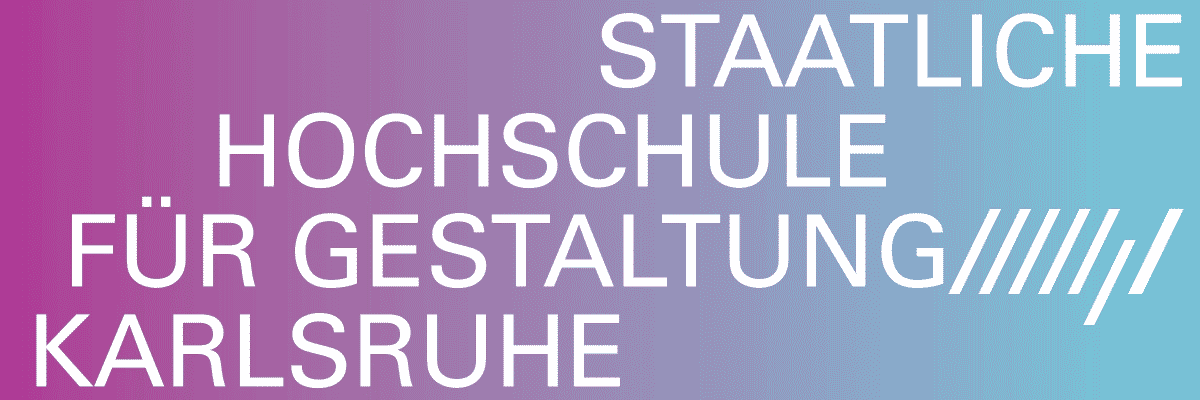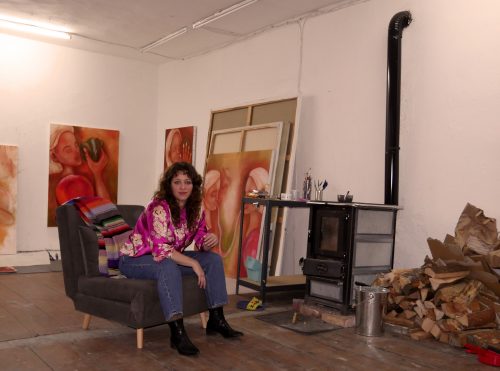
Alexi Marshall
Taming the Unruly Gods

Alexi Marshall, Taming the Unruly Gods, z2o project, Rome
Advertisement

Alexi Marshall, Taming the Unruly Gods, z2o project, Rome

Alexi Marshall, Taming the Unruly Gods, z2o project, Rome

Alexi Marshall, Lucoza de Mornings, 2018, colour pencil on paper, cm 50x58

Alexi Marshall, Katabasis, 2023, hand printend linocut ink on Japanese paper, c, 225x124
z2o Sara Zanin is pleased to present, on Thursday, October 5th, "Taming the Unruly Gods," the first solo exhibition in Italy by Alexi Marshall (United Kingdom, 1995), within the spaces of z2o Project at Via Baccio Pontelli 16.
The exhibition features a series of works, including mosaics, linocut prints, and embroideries, that constitute an immersion into the intimate and symbolic world of the artist. Here, imaginative stories, myths, and realities intertwine, merging seamlessly. It offers a detailed glimpse into how the artist blends elements drawn from paganism, folklore, and animism, transforming them into an intense and engaging visual experience.
Themes explored by Alexi are connected to spirituality, sexuality, the ineffable femininity, as well as the intrinsic cyclical nature of life and death. "Taming the Unruly Gods," the title of both the exhibition and their latest work, depicts a woman playing with tarot cards, seemingly evoking one of Niki de Saint Phalle's most famous quotes: "If life is a game of cards, we are born without knowing the rules." According to Alexi, our lives are populated by undisciplined deities, and they invite us to contemplate the internal and external forces that shape human destinies throughout life, from primal impulses to the veiled intricacies of the Occult.
Images of free-spirited women, portrayed unapologetically and without inhibition, take various forms in their body of work, courageously and without reverential timidity, revealing the iconography of women in the depths of their sexuality, divinity, and untamed freedom. The homage portrait to the Cuban artist Belkis Ayon, who tragically took her own life at the age of 32 but left an indelible mark on Latin American printmaking with her exceptional collagraphy assemblages inspired by the myths of Afro-Cuban religious cults, is reinterpreted in Alexi's world. Their narratives convey visions marked by censorship, violence, intolerance, exclusion, and inequality.
The pomegranate, with its intrinsic duality, becomes the conceptual focal point of Alexi Marshall's recent works. It represents not only a repeated detail in various forms but a symbolic essence that permeates the fabric of their entire body of work. With its sweet seeds and bitter juice, the fruit comes to life in the artist's ever-changing and ambivalent interpretations: a symbol of fertility (Fruit of the Womb) and death (Fruit of the Dead). This dualism harkens back to ancient Rome, where the pomegranate symbolized fertility and prosperity, associated with Demeter, the goddess of agricultural fertility, embodying the prosperity of fields and the promise of abundance. However, the pomegranate was not limited to representing life and prosperity; it also expressed the duality of life and death, symbolizing the transition between the earthly world and the afterlife.
Marshall's works, simultaneously mysterious and captivating, reveal a profound quest for identity and a reinterpretation of traditional iconography. They challenge narrative conventions, encouraging the observer to explore the complexity of the female figure. Their ability to blend human, animal, and prophetic traits into subversive anthropomorphic figures is an act of defiance against the boundaries of what is conventionally recognized. These kaleidoscopic representations offer a fresh perspective, breaking free from restrictive patterns and opening doors to more intricate narratives.
The creative process is intricate. It begins with a sketch, followed by the consolidation of the design and tones through watercolor before embarking on the arduous linoleum printing process on large sheets of Japanese paper. The overall image is created through continuous pressure in various shades.
Fantastic ontologies, synchronic genealogies, utopian grammars, fictional geographies, multiple universal stories, logical bestiaries, ornithological syllogisms, narrative ethics, imaginary mathematics, nostalgic geometries, and invented memories are all part of the vast view that Alexi's works explore.
Therefore, the Project space becomes a sanctuary of reimagined identities and reinterpreted meanings, where the historical representation of female bodies merges with archetypes and destinies, creating a kind of personal mythology.




